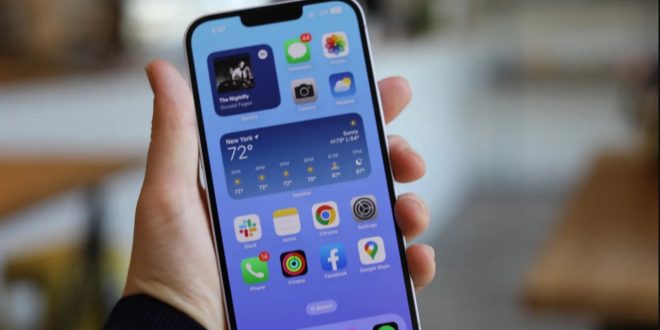China has banned central government officials from using iPhones at work as its relationship with the U.S. deteriorates.
The Wall Street Journal reported the move, which could hurt Apple’s reputation in its second-largest market. According to the report, government employees are also asked not to bring foreign devices to work.
According to the report, China ordered some government employees to stop using iPhones in chat groups or meetings to improve national security and reduce outside technology. It is unclear if the government has issued a widespread internal order.
China and the U.S. have traded technology to reduce their dependence. The U.S. has banned Huawei and ZTE in recent years. Many government agencies forbid employees from using TikTok on work devices. In March, Congress asked TikTok CEO Shou Zi Chew to testify about data sharing with China security.
Tesla reassured users that its anti-theft “sentry mode” complies with Chinese cybersecurity laws and stores data onshore after some Chinese government agencies banned Tesla vehicles from their premises in 2021, according to Reuters. In recent years, a nationwide effort to replace government and state-owned enterprise computer software with local alternatives sparked a small SaaS boom.
Apple is heavily dependent on Greater China for manufacturing and sales. According to the company’s Q3 2023 report, Hong Kong, Macau, and Taiwan contributed nearly 19% of revenue in July.
UBS investor notes show Apple shipped 3.1 million units in China in July, down 2% year-over-year. The note also noted that China sold 23% of iPhones last year.
Apple has always had a tense relationship with China due to App Store censorship. Apple, like many Western tech companies, is caught between free speech advocates and Beijing’s need to remove politically sensitive content.
Apple gained attention last year for limiting AirDrop usage in China to 10 minutes under “Everyone” settings. Apple eventually rolled out the update to other countries, but critics say it caved to Beijing’s pressure because Chinese protestors used the feature to circumvent censorship.
Apple did not immediately respond.
 Tech Gadget Central Latest Tech News and Reviews
Tech Gadget Central Latest Tech News and Reviews




